JOHN F. COLMAN
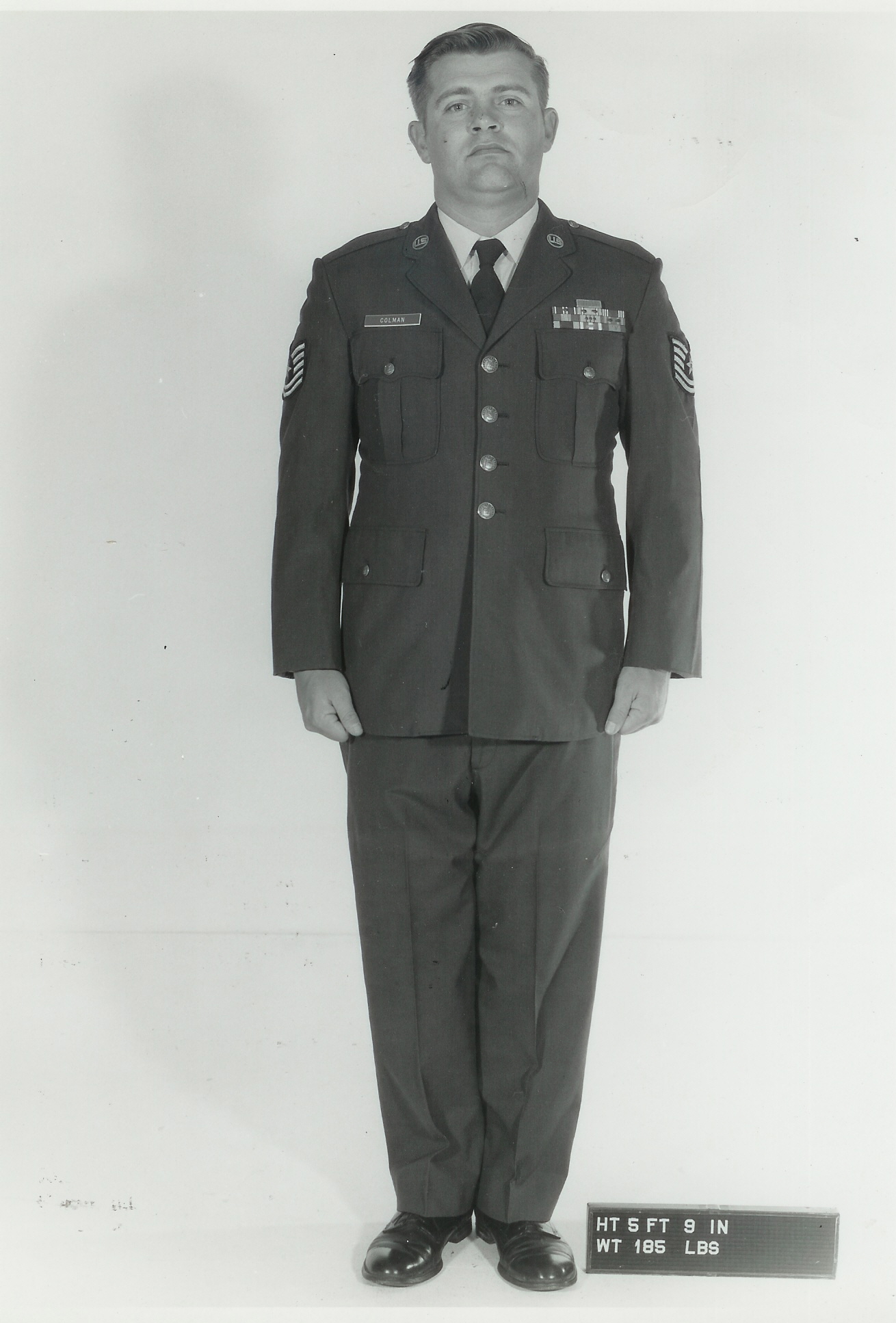

Were you drafted into the military? If not then what made you decide to join the Army?
Uh, I went into the Air Force, and um I wasn't drafted, and the joking thing was that I got a draft notice in Vietnam.
Do you remember what year you got the draft notice?
Uhhhh, 1965
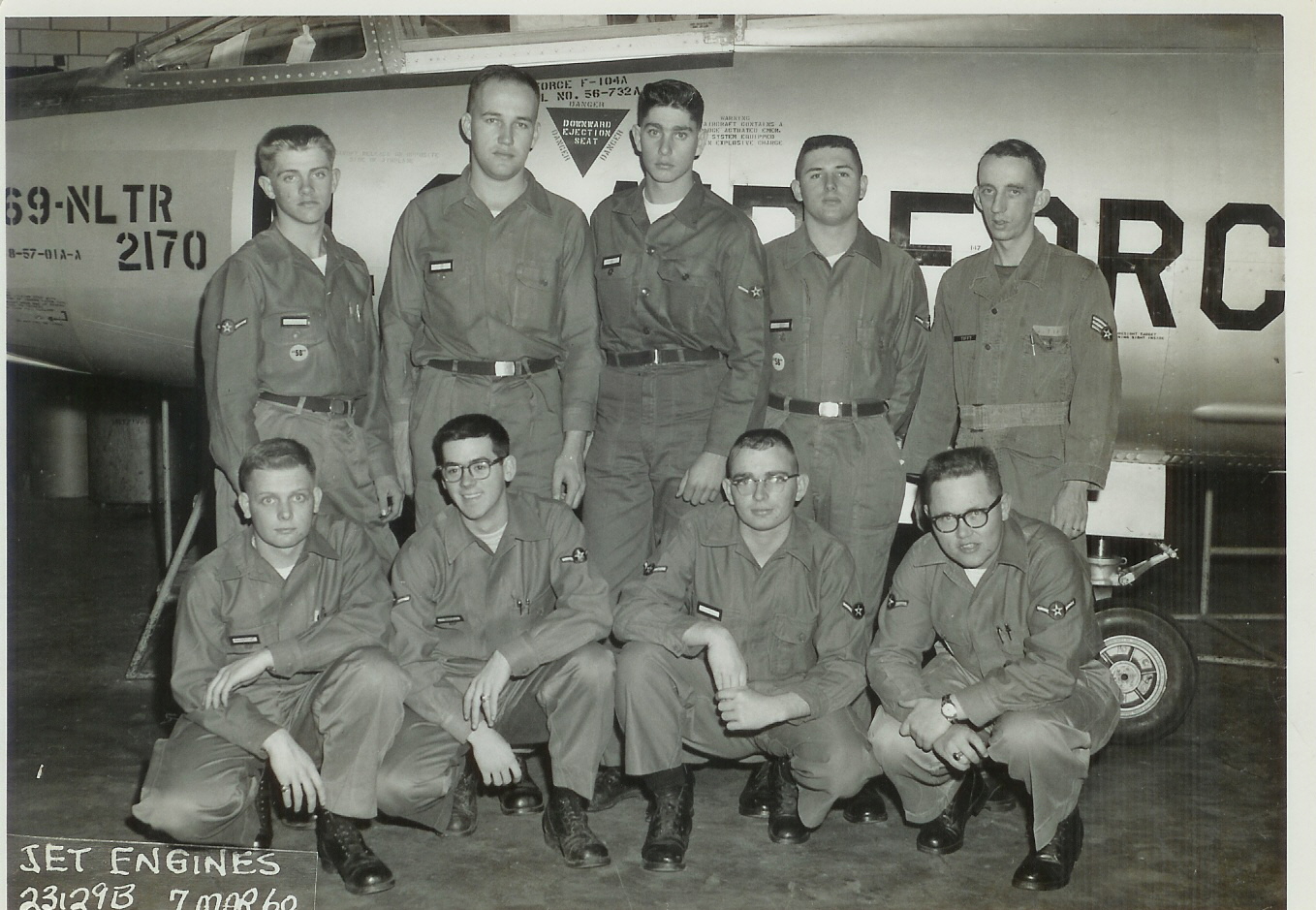
When you first joined the military did you already know at that point that you wanted to make it a career?
When I enlisted, I intended to make a career out of it, yes.
What did your family think of you joining the service and going to war?
I came from a non-functional family, and at that time I was living by myself. Dad was in Germany and when the recruiter called him he told him get him in and he'd send him paperwork that he needed, and I was gone that fast.
What did you do before going to Vietnam?
Uh, I was a jet engine mechanic and I got into aircrafts. Spent a lot of time working on aircrafts, fixing them for the human environmental system. All around fighter-type aircrafts.
What type of aircrafts did you work on?
Uh, all sorts actually. I worked on fighters. I worked on cargo aircraft. I worked on bomber aircrafts. Uh, like the B-52's, the B-58's. Uh, I was in California for a while. We worked on DSR71 project, which is a blackbird spy plane, 141's, F-4's, F-89's, F-86's, F-100's, just generally all sorts of aircrafts, F-101 voodoo's, some firefighter bombers and recon aircrafts, and the second tour over to Southeast Asia, I worked on a ole recluse. The VC-121, that's a tri-tail, reciprocating engine that's got 4 fans on the front of it, and that was a listening post. Remember I was telling you about flying around and listening to the people talking on the ground? That's, uh, what that monster was. Umm, if anybody asks you what it is tell them that's the Eisenhower aircraft, the presidential plane for Harry Truman and Eisenhower. It's a constellation, but we had it for other things. Originally, it was designed for weather service bird, but it got changed around to where we would listen to people talking on the ground and they'd drop sound packs and we'd run over and listen to them.
Did you ever get to fly any of the aircrafts?
No I didn't fly. I got to ride on a lot of them, but I didn't get to fly 'em. Problems with my eyesight as far as colors.
What were your thoughts about the war?
Uh I didn't have many now that I think. I got into it and started the build-up in 65', and about six or seven of us in the organization I was with at that time were called.
Did you understand what the war was about before going to Vietnam?
No! Not really. We thought the people over there were being pulled in, uh, to protect the military site. Anybody with four or more years did what we were trained to do. Nobody said they wanted to be there. Well I thought I was doing the best for what I had been trained and made for.
How long were you in Vietnam?
Uh, in Vietnam itself? I was in Vietnam for almost 13 months and a few days short of 12. I had two tours over there.
How long were the Vietnam tours?
We were doing 12 months. We usually didn't go back.
What unit were you assigned to during that time?
I was with 388th Tact Fighter Wing, and I was assigned to 460th, also a fighter wing.
Were you stationed in one place in Vietnam or did you travel all over?
Uh, I definitely went toPhan Rang, Vietnam, which was a, a big open field when we got there. We had the pleasure of filling it. I talked to a general officer about oh, 8-9 months ago, and he had gone back over there and the air base that we built at Phan Rang, today is an international airport the Vietnamese left behind.
How did you usually travel?
We convoyed and we had aircrafts. The first aircraft I ever rode over there was a, which was an old World War II aircraft, and that's how they flew us up into the country and then we had 130's and we flew on those, and we'd uh hall material around on those, and uh the Boeing (C-17),the Army had that they were real nice about getting us that. The bomber aircraft they got the job of hauling the Vietnamese and all their cattle and everything else in that one. It's a good time.
What were your living conditions like?
Living conditions? Were 7 ½ months in a tent. Over there the folks, well when they had winter time it would drop down to about 90 and they would put on coats, no t-shirts. So with them 95-96 degrees was cold. It was hot all the time until we came home. When I came home, I came to Chicago. I left Vietnam and it was over a hundred degrees at the airport.
What was the biggest morale booster while in Vietnam?
The biggest morale booster would've had to been Bob Hope.
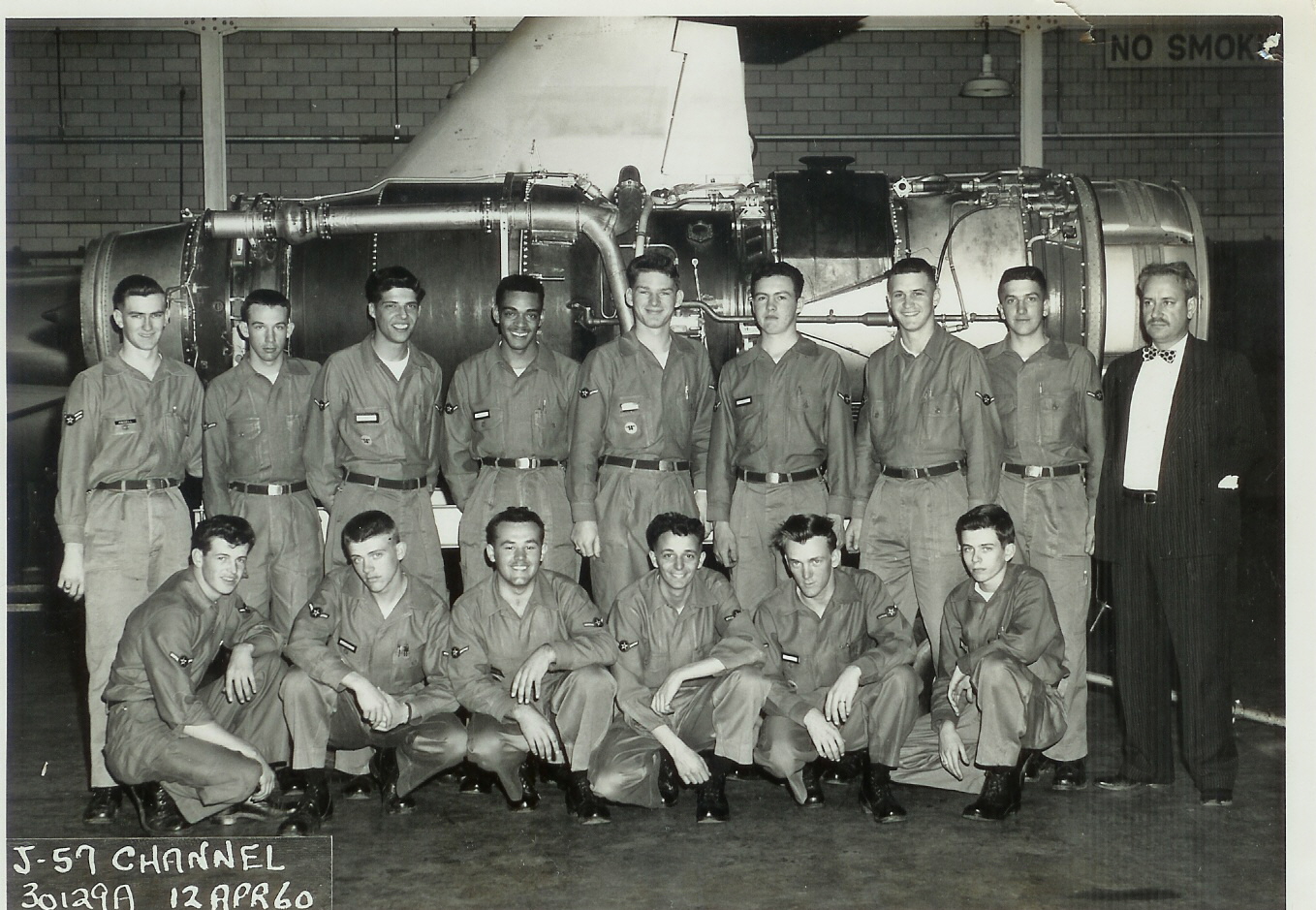
Was mail ever a morale booster? Was that ever considered the biggest?
Well you asked me what I thought the best one was. Now there was a lot of things that happened over there for morale. They were sending us up there to build an airbase. We were given a time frame of 3 months.
Did you ever get any leisure time? If so, what did you do?
Leisure time? Sleep! (laughs) that's the good news. Uh, when I went over there originally, when they sent us up country there was no place to go, but they had a little city by the town of Phan Rang and they had a beach down there, but we had to take arm guards with us every time we went down there. That's were the little town, at one point during there we were teaching English pronunciation to the Vietnamese. They had an orphanage there.
What was your assigned weapon during the war?
My assigned weapon was a M16 , 120 rounds of ammunition. Well we were at, we went back to Saigon and I went back to Saigon in December of '66. There they took our weapons and locked them up. We were getting mortared by the Vietnamese. I was in the wrong place, and the weapons were on the other side of the base of where I was at. We'd utilize whatever we could get our hands on.
What was the Vietnamese's main source of attack?
Uh, they had everything. Where we concerned and them, they could take a 60mm, shoot it up in the air, pack up their weapons and be gone before the first one hit the ground. I remember we had problems with the mission over there. They were pretty effectively I'd say, and the North Viatnamese Soldier was a fine soldier, there's no downgrading him at all. He was a fine professional soldier.
Did you have any close calls while you were there?
Uh a couple. A guy I liked the most and we kidded about it for a long time. A tiger walked in the tent one night, and down at the floor at my feet, right across from my feet was another fellow that was sleeping. I thought about it, and the tiger probably went Uh!…and the guy across from me seen it when it came in. He was in the upper bunk, and he looked at me and said "Should I shoot it?" and I told him no leave it alone (chuckles). We laid there for about 4 ½ hours to think with. The cat got up and walked out. So that was a close call. He could have had me for breakfast.
Was it common to see tigers in that area?
In that area of the world, there's tigers, yes. It's one of the few places left that were in China, Thailand, Vietnam, Cambodia. That whole area has got tigers in it. When they get hungry they roam. I was there and one was in the ammo dump, we came back from lunch and he was walking up out of the bunker. So it was a big cat. Other than that I can't think of anything else. That's it.
Were you involved in any of the major battles?
Yes! We were involved in the support for the Dakto Battle. Had 101st Airborne who got its butt shot off. I fought in the Ia Drang and A Shau Valley Campaigns .
What operations were you involved in?
Uh, that's what they were. There was the Starlight Operation, um, the other one was the (whistles), I can't think of the name of it. The code name for the one up in the Dakto area. They sent a group of 101st Airborne patch sent to that area looking for enemy, and they ran into 5,000 men north Vietnamese Army regular division, and uh, it was a bad situation. Have you ever seen the movie We Were Soldiers? Well that was the A Shau fight, and uh, Harold uh, I'm trying to think of his last name, the general that wrote the book with the other fellow, was a Lieutenant Colonel when it started. He was up there, he was directing fire control from the ground in the aircraft that was going down there to support them.
Did you have any injuries from the war?
Yeah, just the Agent Orange project. I got a disability from the government for Agent Orange, which gave me heart disease, uh, diabetes, and they're working on it the COPD (Chronic Obstructive Pulmonary Disease) for respiratory problems.
Did you receive any medals? If so, which one's?
Well we got a unit citation for the organization, and we got a…What the hell did I get? I got a service award, and the Vietnamese service medal they gave us. Of course, the Vietnam service award. Those are the only one's I can think of right now.
What's your best and worst memory about the war?
I would probably have to say the best memory was getting away from it. Being able to breathe without worrying about if you were going to have another breath behind it. My worst memory would have been, uh, probably December 6, 1966, 1:00 am in the morning. I was going downstairs to wash out a couple of glasses. We were living in a wooden building, finally, after 10 ½ months in tents. They had built a structure there in Saigon. We were shipped back to Saigon and that's when we went back to the 4/60th, and we were supposed to work there until we were rotated out, and 1:00 o'clock in the morning they commenced to drop mortars and rockets on us, and that happened most of the night that night, and that was a pretty scary thing. Shrapnel holes all over the place.
How did they notify you if there was an attack from a distance? For example, did they have sirens?
No, we would hear the sound that blows up anything around you, and the same thing with a M60 mortar. When it goes Bang! And it's in your yard and you know it's not you shooting, it's you.
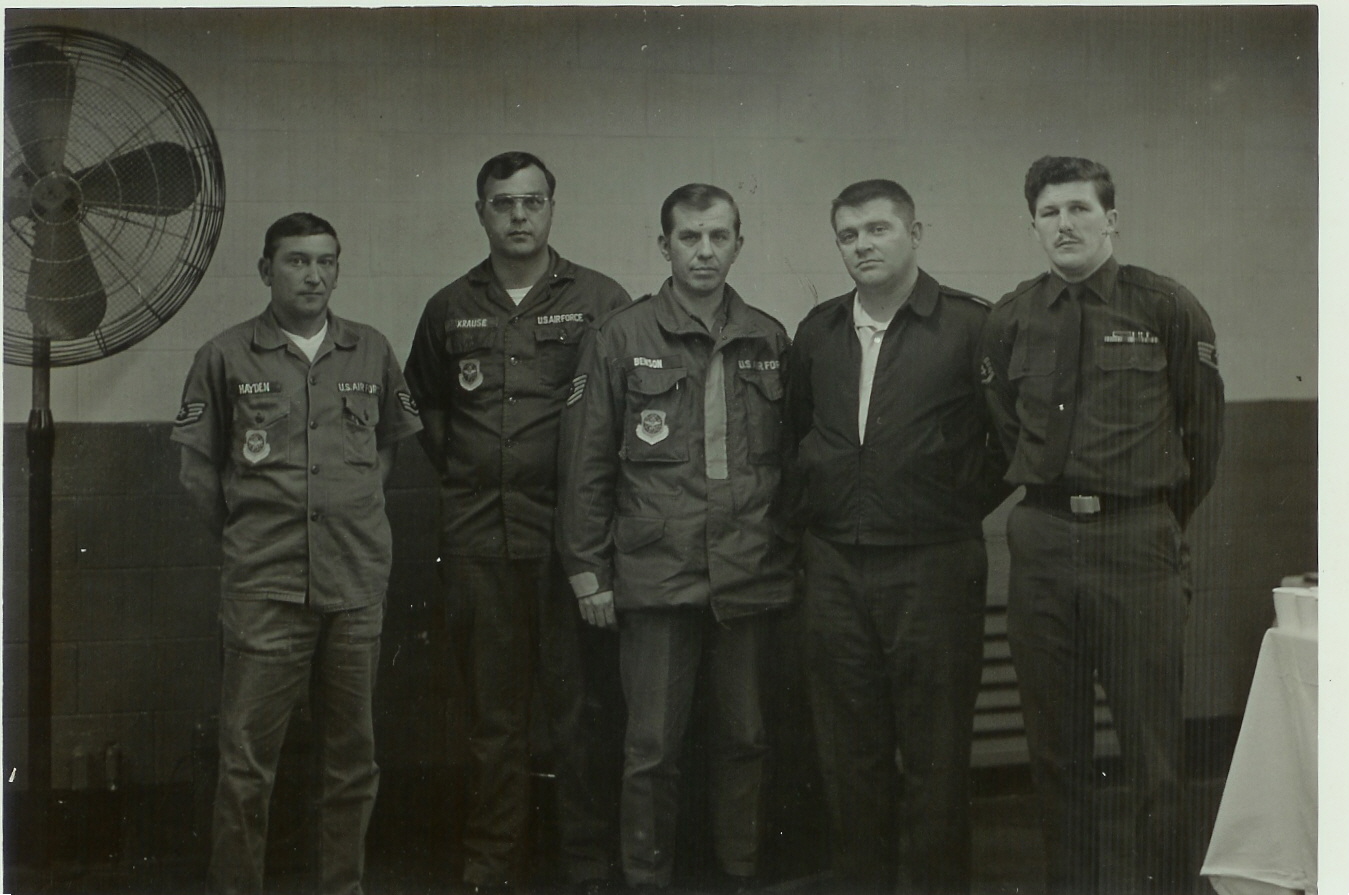
What type of reactions did you receive from other people upon redeployment?
Uh! Uh, we came home and there were people that would walk on the other side of the aisle, and we were going down to get away from it. At the same time there were people, on the trip home, that let us know that we were welcome, stationed to the country and everything else, and that was the way we lived.
Would you say from the start of the war that most Americans were against the war?
No, I didn't. When it first started I'm not sure where the economy was going with that.
Most people were watching it, and watching the stock market more than they were watching the war…
What were some of the first things you did when you got home?
Got drunk!
Do you still keep in touch with any of the soldiers that you served with during Vietnam?
Oh one or two, but not very many. Most of us appreciate being left alone.
Is there anything else that I didn't cover that you would like to add?
No, well I do more than that boat. The one's that were in that boat were the guys that were drafted, and they were there under directions for the most part for the lack of anything better to say. We had some people in there that were drafted though that did a real fine job for us. We had good leadership, good officer's, and we were able to do a lot of things that we had to get done. Also, nothing other than the one I gave you about the tiger. I thought that was hilarious after it was all over. So did we, everybody there was laughing about it.
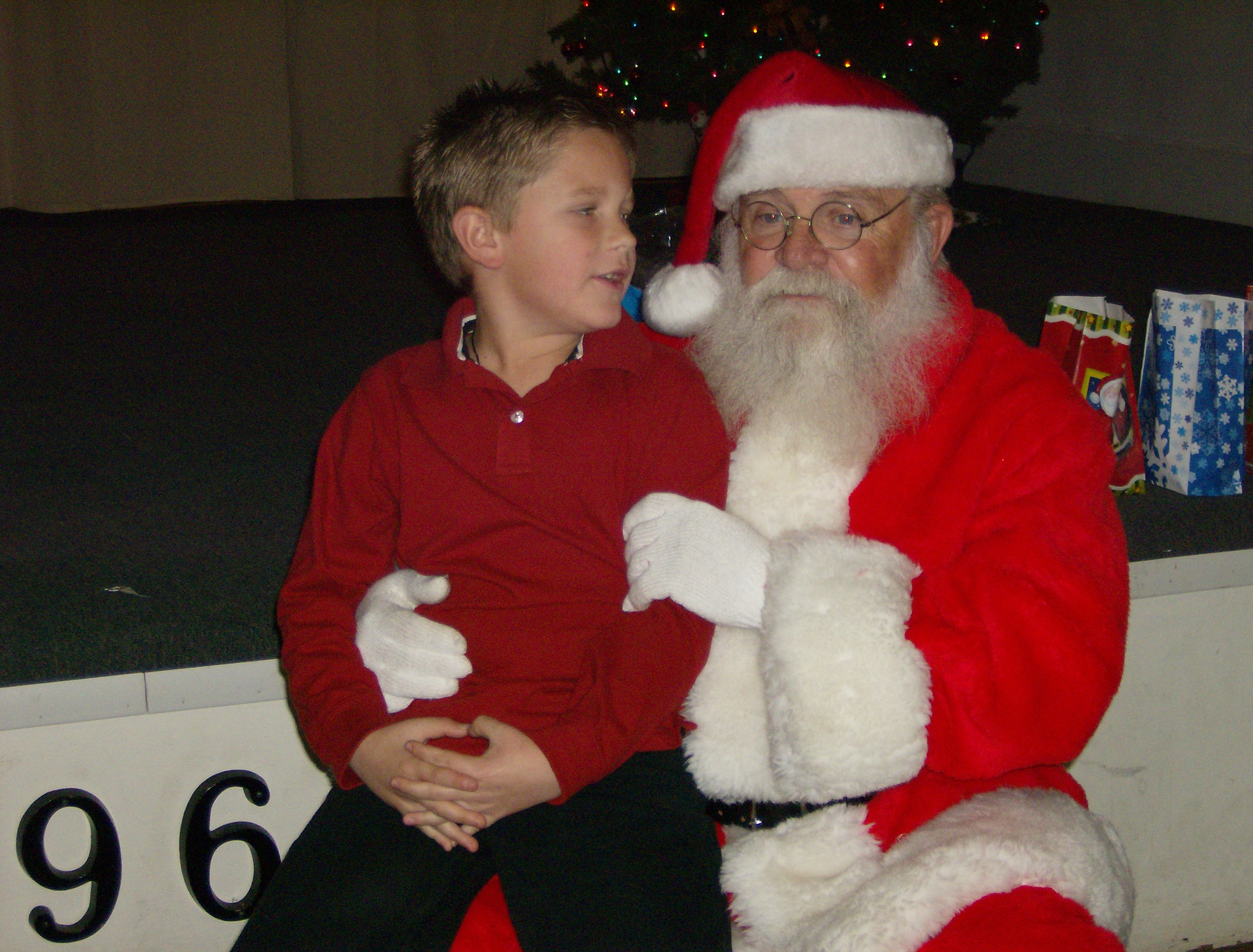
Hartford, Connecticut. Provides copyright photographs by Karen O'maxfield. The site offers photographic surveys of some of the places and architecture. Also, provides links for additional references.
F-101 Voodoo is a web-based, free encyclopedia through Wikipedia. It provides articles with additional links to guide the user to related pages for additional information.
National Museum of the U.S. Air Force. It is the world's largest military aviation museum. It contains the displays of many different historical aircrafts. It offers tours through the facilities and has a research division that maintains the museum's historical files and writes its annual history.
Phan Rang Air Base. It is a web-based, free encyclopedia through Wikipedia. It provides articles with additional links to guide the user to related pages for additional information.
C-130 Hercules. It is a web-based, free encyclopedia through Wikipedia. It provides articles with additional links to guide the user to related pages for additional information.
Library of Congress. Has a page contributed to Bob Hope. Gives insight to his USO tours to visit the U.S. troops It contains historical documents from the Bob Hope collection.
Modern Firearms Assault Rifles. Provides photographs and information on all the M16 series rifles. Also, lists information about the history and development of the rifle.
United States Military Academy. the Department of History is providing these maps on the internet as part of the department's outreach program. The maps were created by the United States Military Academy’s Department of History and are the digital versions from the atlases printed by the United States Defense Printing Agency.
Project Manager Mortars Systems.It is responsible for weapon and fire control systems and for the development of the Precision Guided Mortar Munition (PGMM), a new precision mortar round currently under development. Mortar weapon systems include the 60mm, 81mm and 120mm mortars and related equipment.
Vietnam-War. Provides historical information on the operations, aircrafts and weapons from the Vietnam War.
Agent Orange. It is a web-based, free encyclopedia through Wikipedia. It provides articles with additional links to guide the user to related pages for additional information.
Photographs and/or documents on this website were provided by John and Doris Colman and the group photographs were taken between 1960-1970 while in Jet Engine school at Chanute Air Base, Illinois. The last photograph was taken in 2005 in Devine, Texas, which is what John has been doing every year since his retirement.